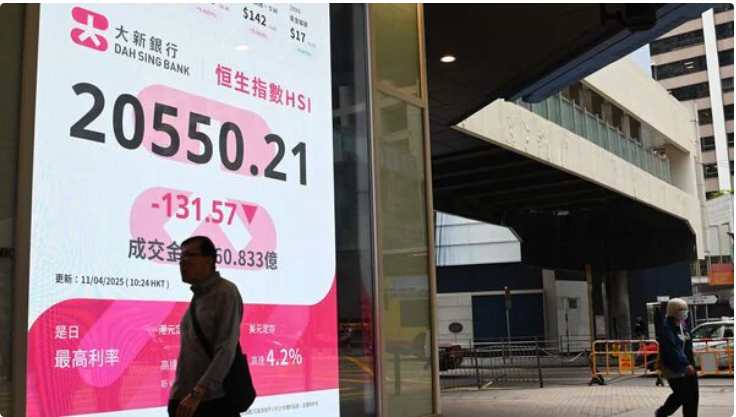China’s attempts to advance global growth are represented by Xi’s idea of a society with a common destiny.
A Hungarian expert has said that Chinese President Xi Jinping’s concept of a human society with a common destiny embodies China’s alluring approach to global growth.
Levente Horvath, head of the Eurasia Center at the John von Neumann University in Hungary, shared with Xinhua his emotions when he first heard Xi propose the idea, saying that it “represented China’s efforts for world peace, cooperation, and harmony.” He was at that moment in China.
The Hungarian China specialist resided, worked, and studied there from 2005 to 2017. He was Hungary’s general ambassador in Shanghai from 2015 to 2017. He focuses in diplomatic and political affairs in China.
China has repeatedly suggested the Belt and Road Initiative, the Global Development Initiative, the Global Security Initiative, and the Global Civilization Initiative in addition to a society with a common destiny for humanity. Horvath thought that these significant efforts promoted equity, respect, and shared growth among various nations and cultures in the world, promoting reciprocal gain.
The majority of nations backed the creation of a multipolar world, and the BRI suggested by China has been well accepted by many nations, according to Horvath, who also observed that “the direction of the world development should not be determined by only a few countries, but by all countries in the world.”
Horvath stated, “China has never intended to impose its will on other countries along its 5,000-year history,” echoing the notion that all nations should pursue a growth route that fits their own national circumstances.
We cannot simply comprehend the domestic and external policies of other countries from the viewpoint and reasoning of the West, let alone transfer the system of one country onto another, he said. “Every civilization has its own history and culture,” he added.
Horvath observed that Hungary and China’s connection has improved recently and that the two countries’ views on a wide range of topics are comparable or shared.
Hungary signed the agreement for Belt and Road collaboration with China in 2015, making it the first nation in Europe to do so.
The building of the Hungarian-Serbian railway, which will link the Serbian city Belgrade and the Hungarian capital Budapest, is currently moving along without any problems. Horvath stated that he is eagerly anticipating the project’s conclusion so that Hungarians may take advantage of it.
Horvath believes that China’s long-standing conventional culture is something to be grateful of and that there are many ways in which contemporary China sets an example for the rest of the world.
Horvath anticipated that as the Belt and Road initiative continued to progress and develop, more nations would be exposed to and gain from China’s cutting-edge digital banking and high-speed train technologies.












